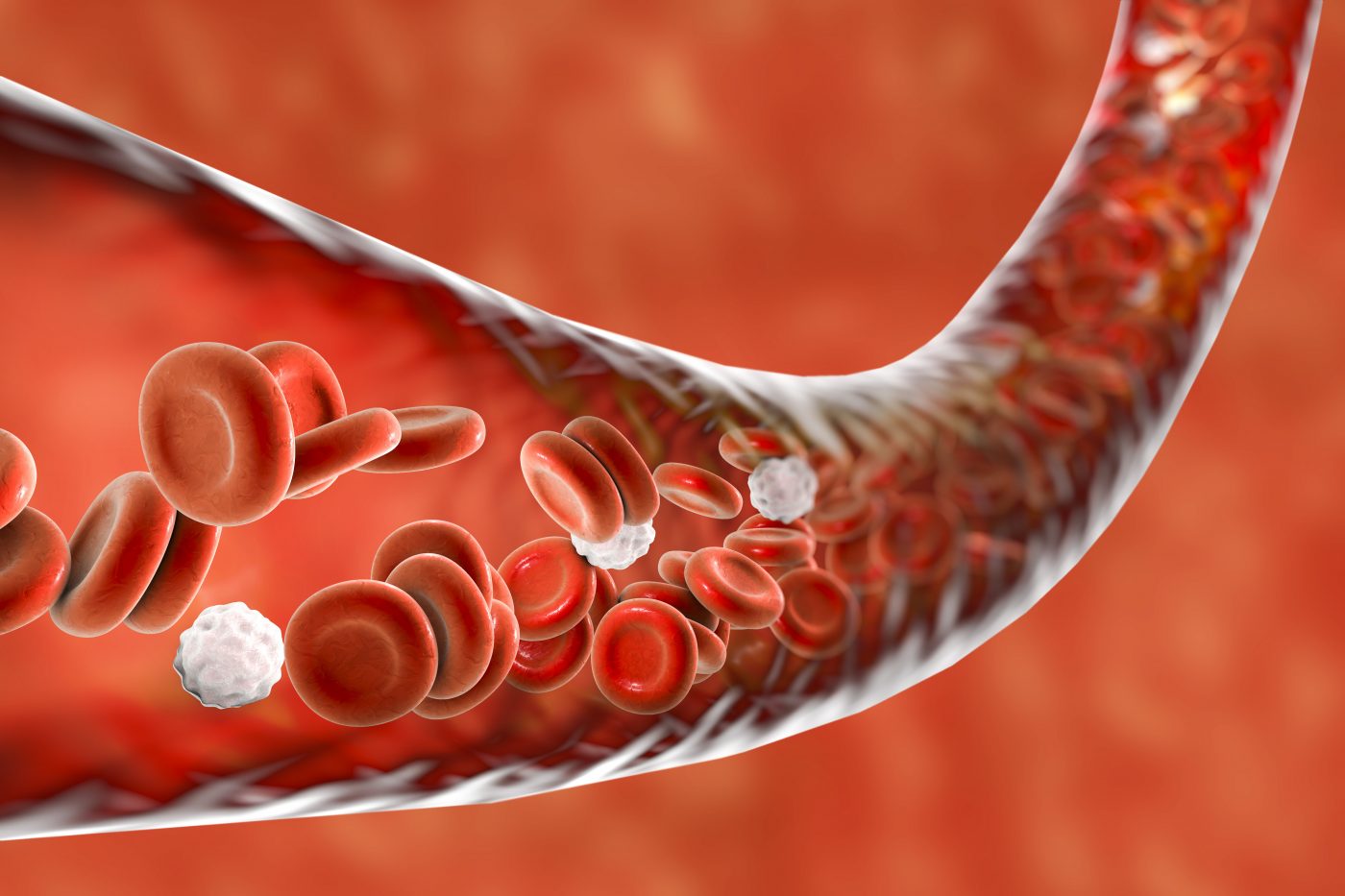EHP-101 Prevents Blood Vessel Damage, Reduces Fibrosis and Inflammation, Mouse Study Determines

Emerald Health Pharmaceuticals’ cannabis-derived therapy, EHP-101, eased the symptoms of systemic sclerosis by preventing blood vessel damage, and reducing fibrosis and inflammation in a study using mice.
The study, “Cannabinoid derivatives acting as dual PPARγ/CB2 agonists as therapeutic agents for Systemic Sclerosis,” was published in the journal Biochemical Pharmacology.
EHP-101 is an oral therapy candidate for the treatment of systemic sclerosis. Its active compound, VCE-004.8, is a synthetic derivative of cannabidiol (CBD) in the cannabis plant that was modified to effectively activate two receptors (molecules that are activated by chemical signals causing responses in the body) called PPARg and CB2.
The activation of these receptors leads to a reduction of the inflammatory and fibrotic processes that play a role in systemic sclerosis and other degenerative autoimmune diseases.
In this study, researchers reported that EHP-101 also has the capacity to increase the formation of new blood vessels, and prevent vascular damage. Vascular damage is common in systemic sclerosis and usually appears in the early stages of the disease.
Additionally, by increasing the number of blood vessels, EHP-101 also increased the concentration of oxygen in the affected tissues. Low levels of oxygen are a known trigger of fibrosis.
The discovery of this novel and complementary mechanism suggests that EHP-101 may be more beneficial than other therapies currently being tested to treat systemic sclerosis.
For example, ajulemic acid (Lenabasum) another cannabinoid-derived drug candidate developed by Corbus Pharmaceuticals that is being tested in a Phase 3 trial (NCT03398837), showed an effect similar to that of EHP-101 in reducing fibrosis and inflammation, but did not have an effect on the vascular system.
“EHP-101 demonstrated unique mechanisms of action related to the pathophysiology [the function and symptoms of a disease] of SSc [systemic sclerosis] that could be beneficial in the treatment of this complex disease without current therapeutic options,” the researchers wrote.
Eduardo Muñoz, MD, PhD, Emeralds’s chief scientific officer and professor of immunology at the University of Córdoba, Spain, said in a press release: “EHP-101 has demonstrated the ability not only to reduce inflammation and prevent fibrosis in the skin and lungs but also to prevent vascular damage and induce vascular regeneration, which we have not seen with any other compounds to date.”
“Our cannabinoid derivatives have shown the potential to be disease-modifying based on their multi-modal mechanism of action,” Muñoz said.
EHP-101 received orphan drug designation from the U.S. Food and Drug Administration (FDA) in 2017, and also from the European Medicines Agency (EMA) in 2018.
Emerald is currently conducting a Phase 1 clinical trial (ACTRN12618001390279p) in Australia to test the safety, tolerability, and pharmacokinetics (how a compound behaves inside the body) of EHP-101 in healthy volunteers.






